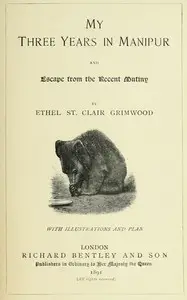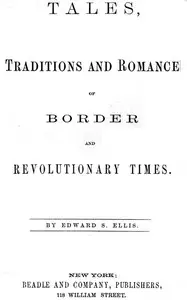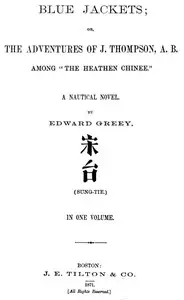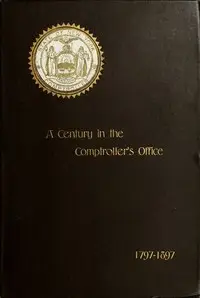"My Three Years in Manipur and Escape from the Recent Mutiny" by Ethel St. Clair Grimwood is a historical account written in the late 19th century. The book recounts the author's personal experiences during her husband's posting as a Political Agent in Manipur, a remote and tumultuous region in India. It explores the cultural landscape, the challenges faced by the couple, and the sociopolitical dynamics that culminate in a mutiny, providing insights into colonial life and interactions with indigenous tribes. The opening of the narrative introduces readers to the author's early impressions of Manipur as she embarks on a journey to a place that was largely unknown at the time. As she and her husband navigate the long and arduous trip to their new home, Grimwood shares vivid descriptions of the landscape and her initial excitement about the opportunities life in Manipur might offer. The narrative details the difficulties faced during their travels, including unruly coolies and the challenges of transportation, establishing a foundation for the couple's eventual experiences in a politically charged and complex environment. (This is an automatically generated summary.)

My three years in Manipur : $b and escape from the recent mutiny
By Ethel St. Clair Grimwood
"My Three Years in Manipur and Escape from the Recent Mutiny" by Ethel St. Clair Grimwood is a historical account written in the late 19th century. Th...
Ethel St Clair Grimwood, born Ethel Moore, became Ethel (Evelyn) Miller was a British woman who became known as "the heroine of Manipur". During the Anglo-Manipur War of 1891, British power was used to undo a coup d'état within the ruling royal family. Ethel's husband, Frank Grimwood was the British representative in Manipur and the Grimwoods were on good terms with the new rulers. However, the coup was illegal, and if the British authorities had allowed the overthrow of one of their allies without protest it was feared that further challenges to their allies throughout the region might occur. Consequently, Lord Landsdowne, the Viceroy of India, against the advice of Frank Grimwood, decided to despatch a small military mission, under the command of a Commissioner Quinton, for the purpose of arresting Tikendrajit Singh, the key instigator of the coup. After the arrival of the mission at the British Residency in Manipur, Tikendrajit was summoned to the residency, where he initially presented himself, but after he was kept waiting he returned to the palace and subsequently, feigning illness, refused any requests to meet with the British. Unable to get Tikendrajit to submit to their requests, Quinton decided to use a small group of soldiers to infiltrate the palace and seize Tikendrajit. However, this attempt failed when Manipuri soldiers were alerted to their presence and fighting broke out. The following day the British attempted to negotiate an end to hostilities by sending a party of officers including Quinton and Grimwood into the palace. These officers were murdered while under the protection of Tikendrajit, and Manipuri forces renewed their attack upon the British residency. Realising their precarious position the surviving officers abandoned the Residency and lead a retreat back to British-held territory, accompanied by Ethel. Although distraught at the loss of her husband, Ethel showed great strength of character and was instrumental in guiding the retreating party as she was the only person familiar with the terrain. She was lionised in the British press for the role she had played, and she was awarded a medal, £1,000 and a pension. She mismanaged this money, married again, and died poor in Portland, Oregon.













